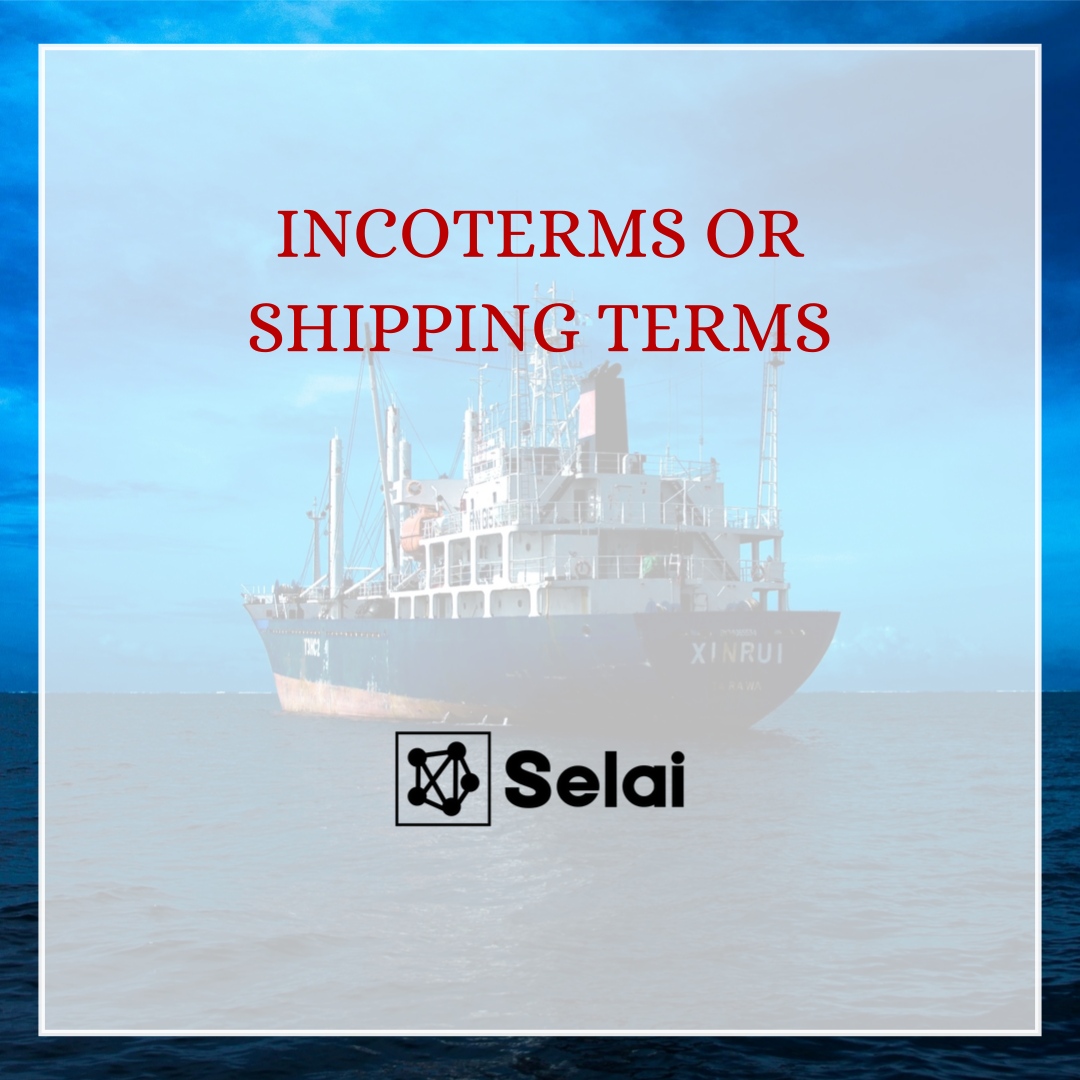
Shipping terms, also known as Incoterms (International Commercial Terms), define the responsibilities of buyers and sellers regarding the shipment, insurance, and tariffs associated with the transportation of goods. These terms are standardized across industries, including the garments industry, and are published by the International Chamber of Commerce (ICC).
Here are the primary Incoterms:
1. EXW (Ex Works): The seller has fulfilled their responsibility once the goods are made available for pick-up at their premises or another named place. The buyer bears all costs and risks involved in moving the goods from there to the destination.
2. FCA (Free Carrier): The seller hands over the goods, cleared for export, to the buyer’s carrier at a named place. The buyer then arranges transportation.
3. CPT (Carriage Paid To): The seller pays for transporting the goods to a specified destination. However, the risk is transferred to the buyer once the goods are handed over to the first carrier.
4. CIP (Carriage and Insurance Paid To): Similar to CPT, but the seller also pays for insurance against the buyer’s risk of loss or damage during transportation.
5. DAP (Delivered at Place): The seller bears all risks and costs associated with supplying the goods to the named place, except for duties, taxes, and other official charges payable upon import.
6. DPU (Delivered at Place Unloaded): This is the only term that requires the seller to unload goods from the arriving means of transport, and it’s done at a named place of destination (formerly DAT – Delivered at Terminal).
7. DDP (Delivered Duty Paid): The seller bears all costs and risks to bring the goods to the place of destination and is responsible for clearing customs both for export and import. The seller also pays any duties and taxes.
8. FAS (Free Alongside Ship): The seller delivers the goods, cleared for export, alongside the vessel at a named port. From this point, the buyer takes responsibility for all costs and risks.
9. FOB (Free on Board): The seller loads the goods, cleared for export, onto a ship chosen by the buyer. The risk of loss or damage is transferred when the goods are on board the vessel. The buyer pays for transportation and insurance.
10. CFR (Cost and Freight): The seller clears the goods for export and pays the costs to transport them to the named port of destination. The risk is transferred once the goods are loaded onto the ship.
11. CIF (Cost, Insurance, and Freight): This is similar to CFR, but the seller also pays for insurance against the buyer’s risk of loss or damage during transit.
It’s important to note that while these terms are standardized, parties involved in a transaction must clearly understand and agree upon the specific Incoterms they choose to use. They should be stated clearly in contracts to avoid confusion and potential disputes.
